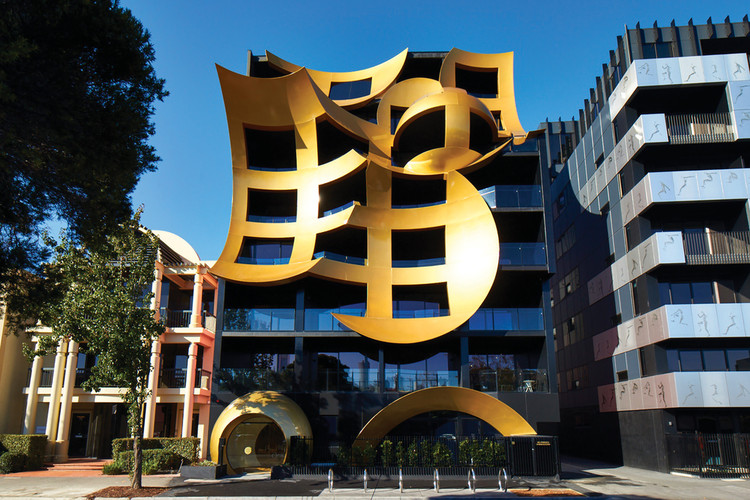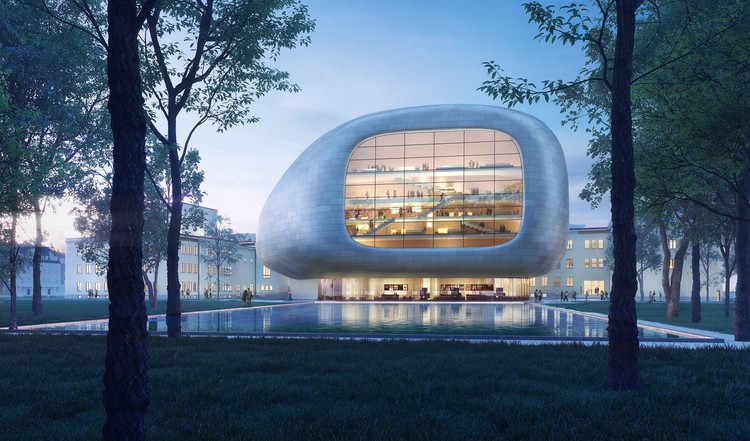
The Midnight Charette is an explicit podcast about design, architecture, and the everyday. Hosted by architectural designers David Lee and Marina Bourderonnet, it features a variety of creative professionals in unscripted and long-format conversations that allow for thoughtful takes and more personal discussions. Honesty and humor are used to cover a wide array of subjects: some episodes provide useful tips for designers, while others are project reviews, interviews, or simply explorations of everyday life and design. The Midnight Charette is available for free on iTunes, YouTube, Spotify, and all other podcast directories.

On this episode of The Midnight Charette, hosts David Lee and Marina Bourderonnet are joined by Architect David Briggs—Co-Founder of Gowanus by Design and Founding Principal of Loci Architecture—to discuss living in New York City during the 1980s, gentrification, urban preservation, the planning challenges of Gowanus, Brooklyn and its severely polluted canal, designing better cities, wastewater treatment and more.
















































.jpg?1562755293)

.jpg?1562775306)




























